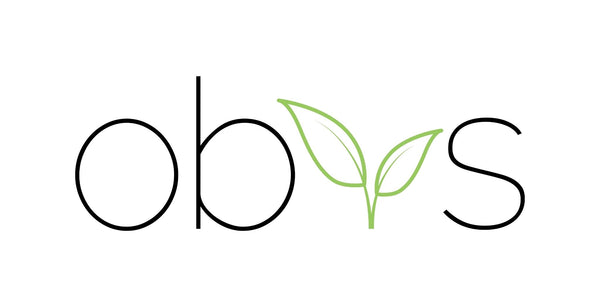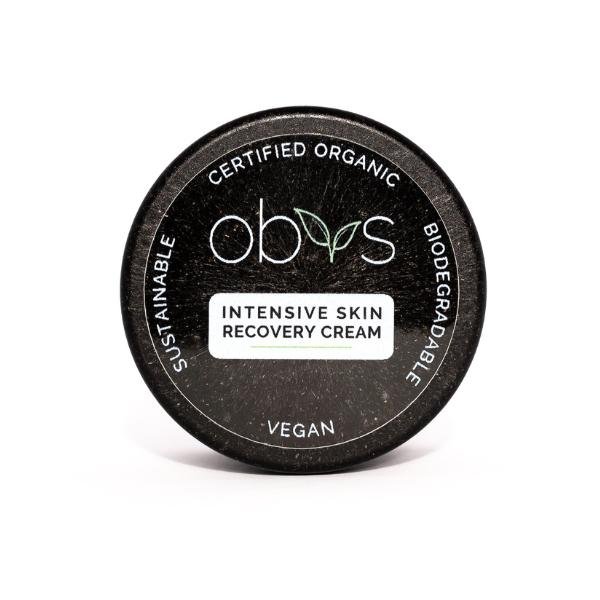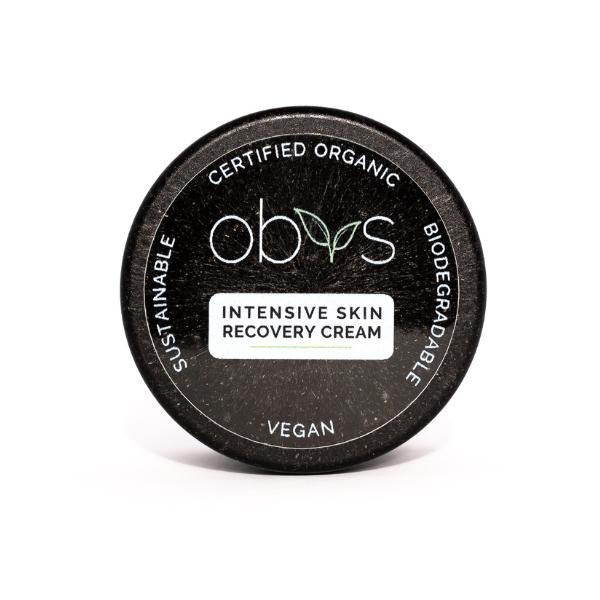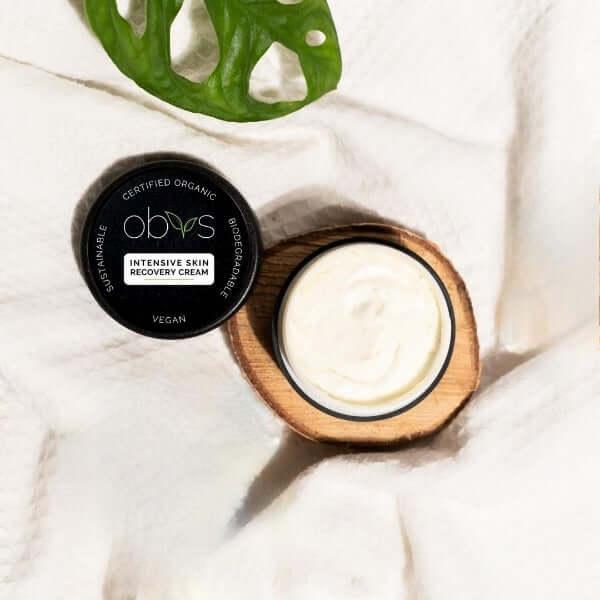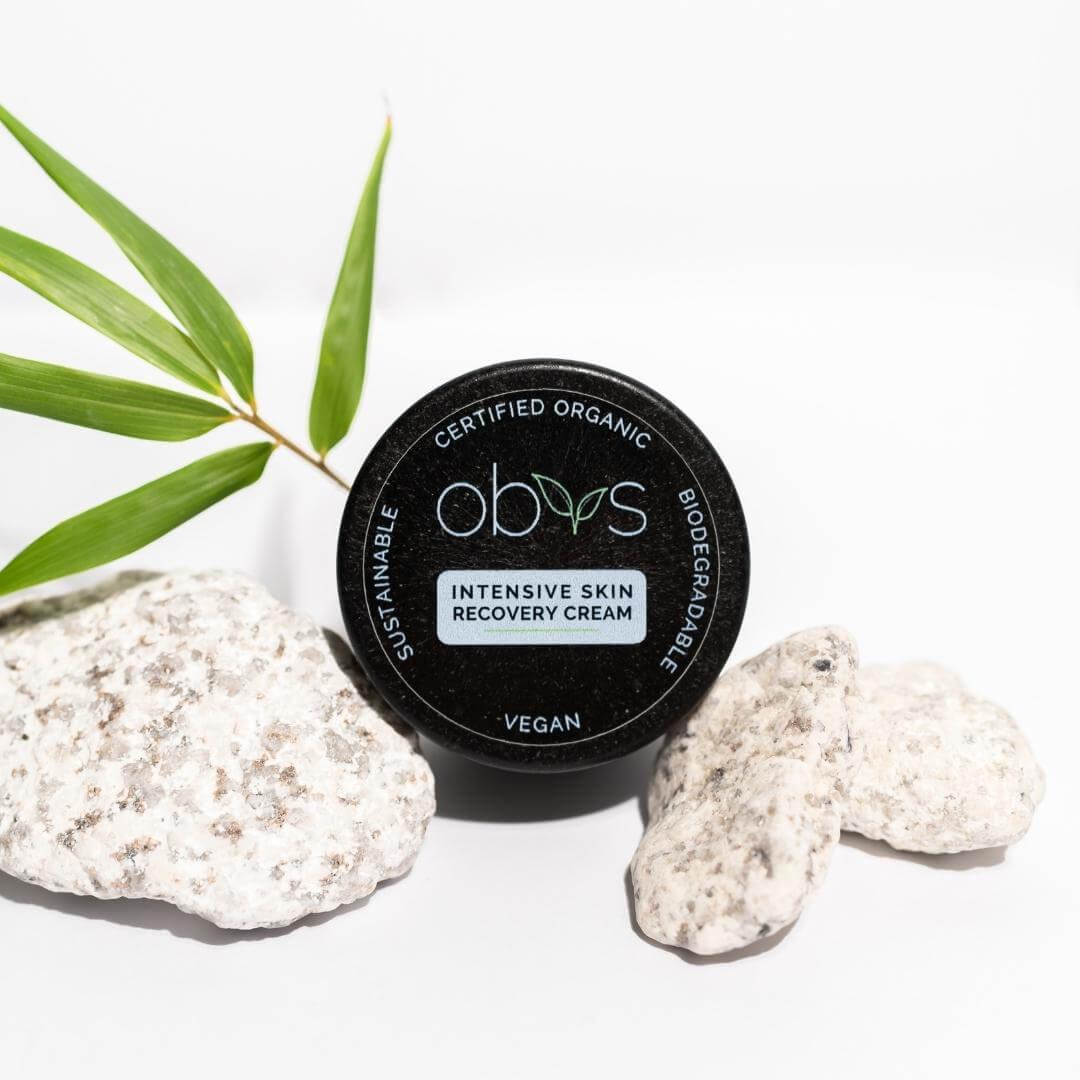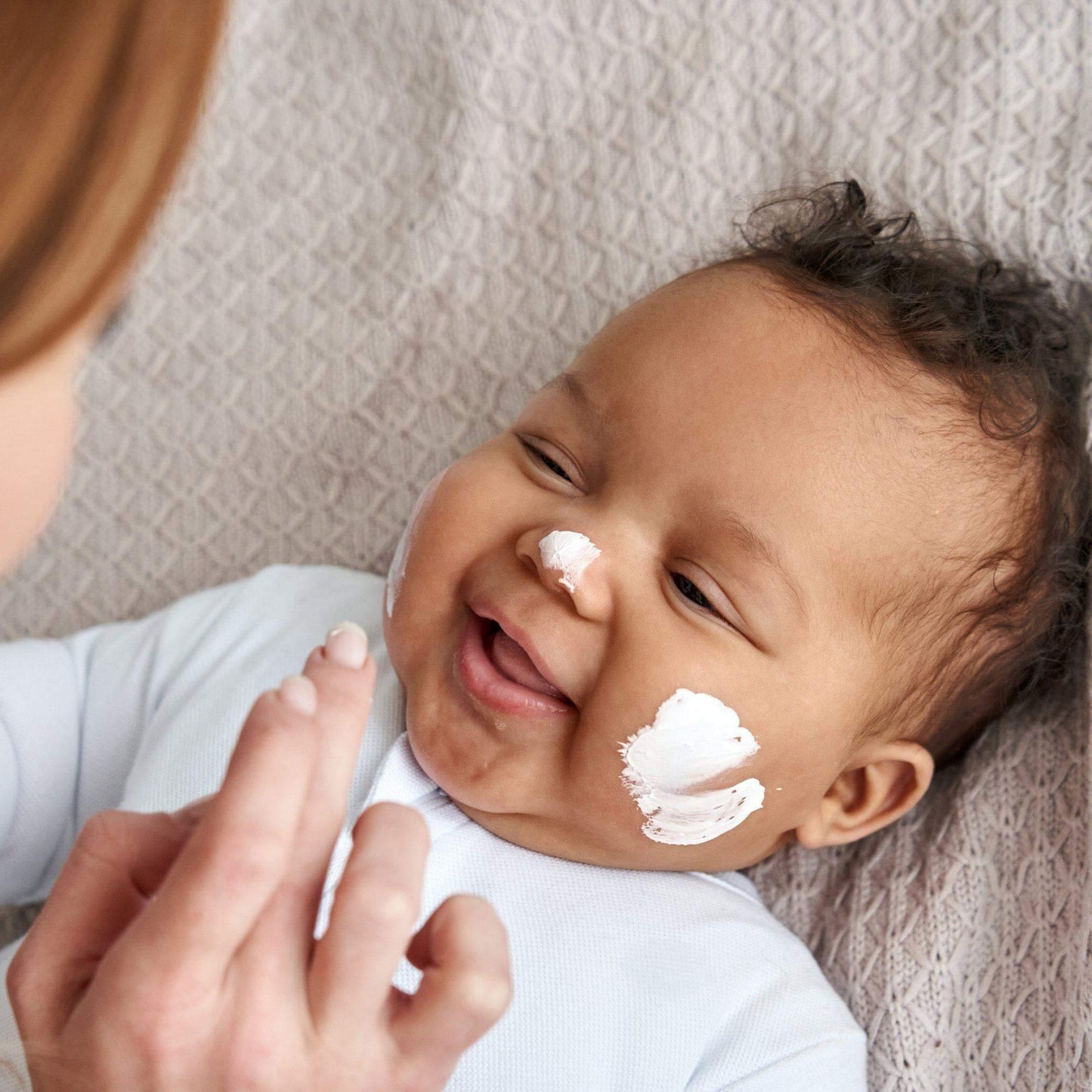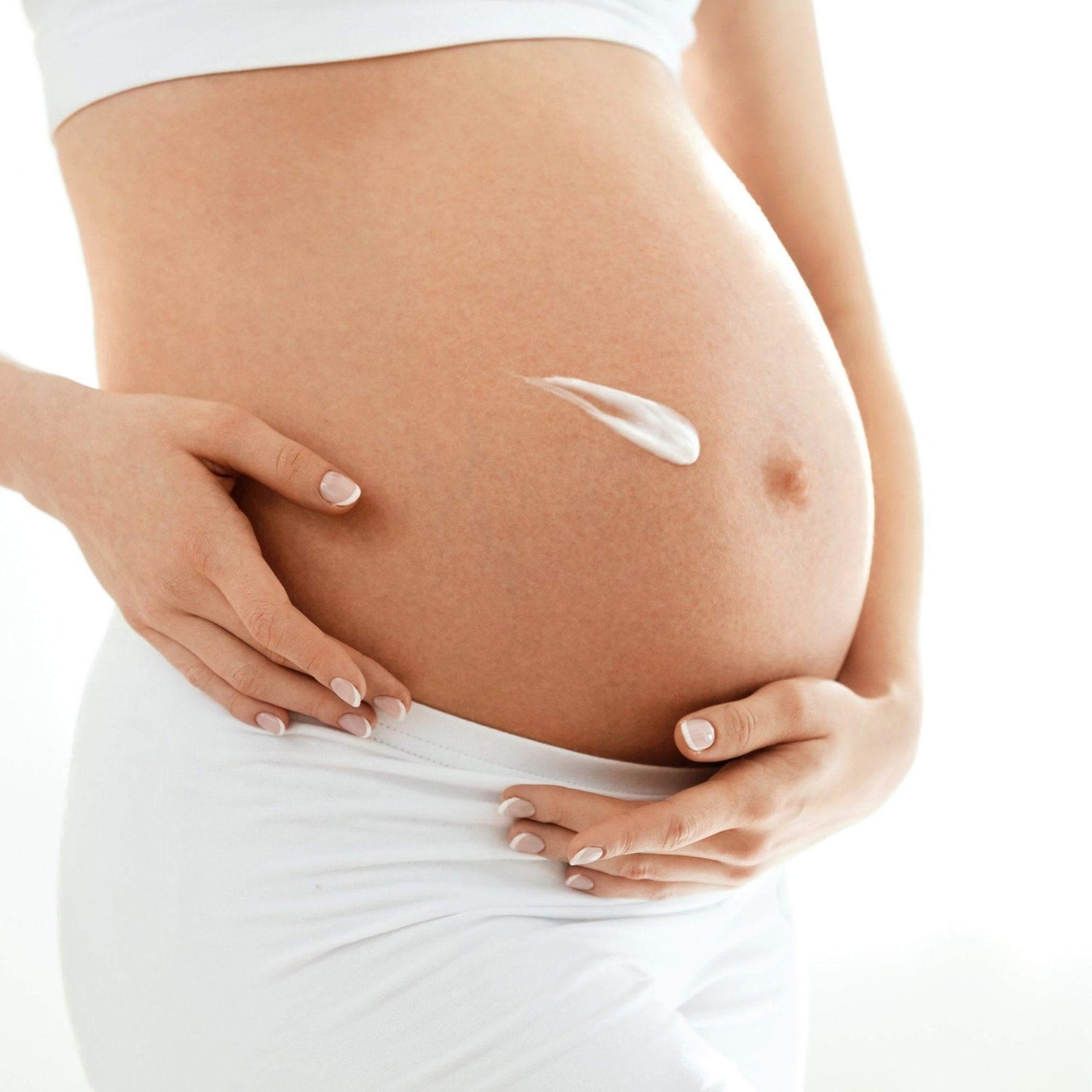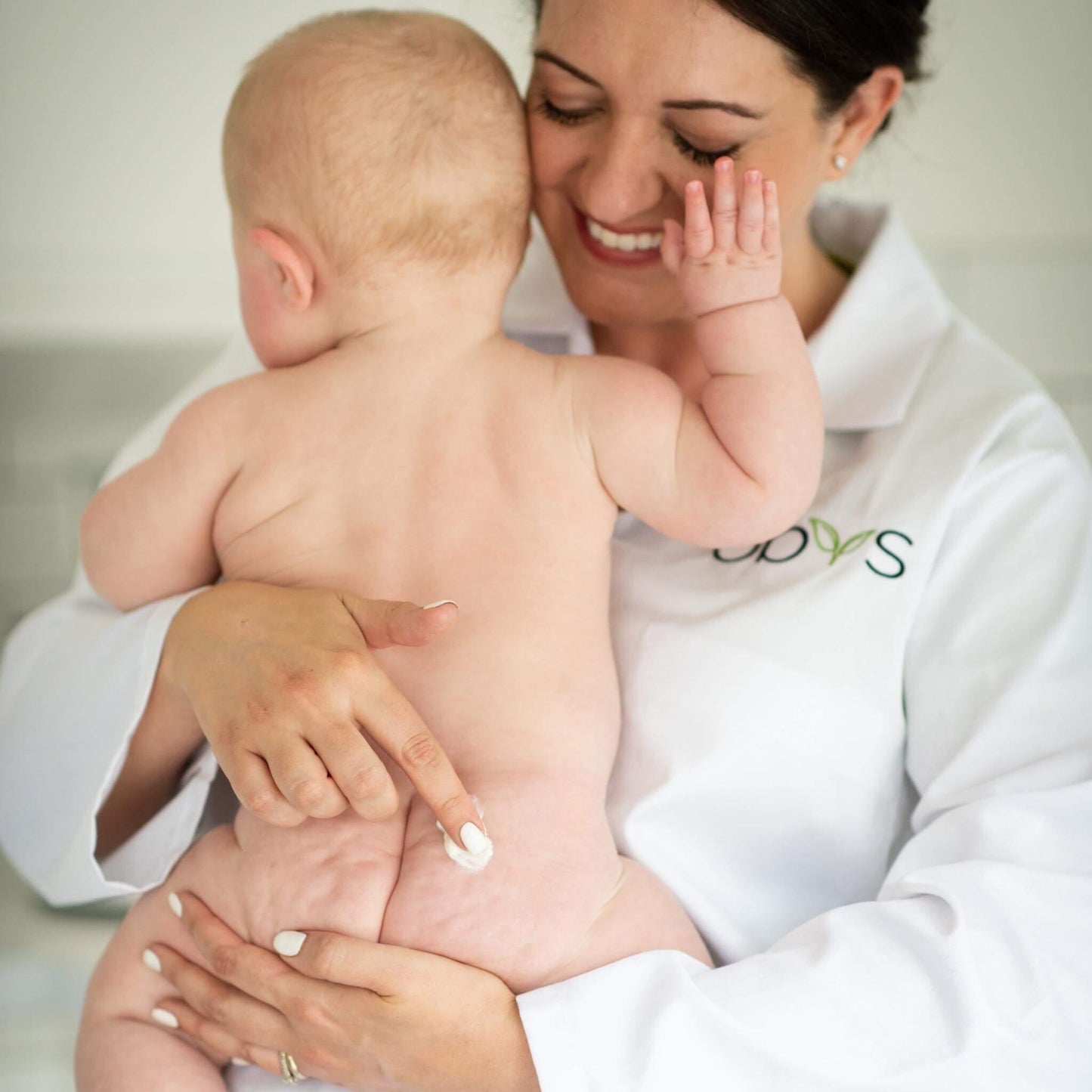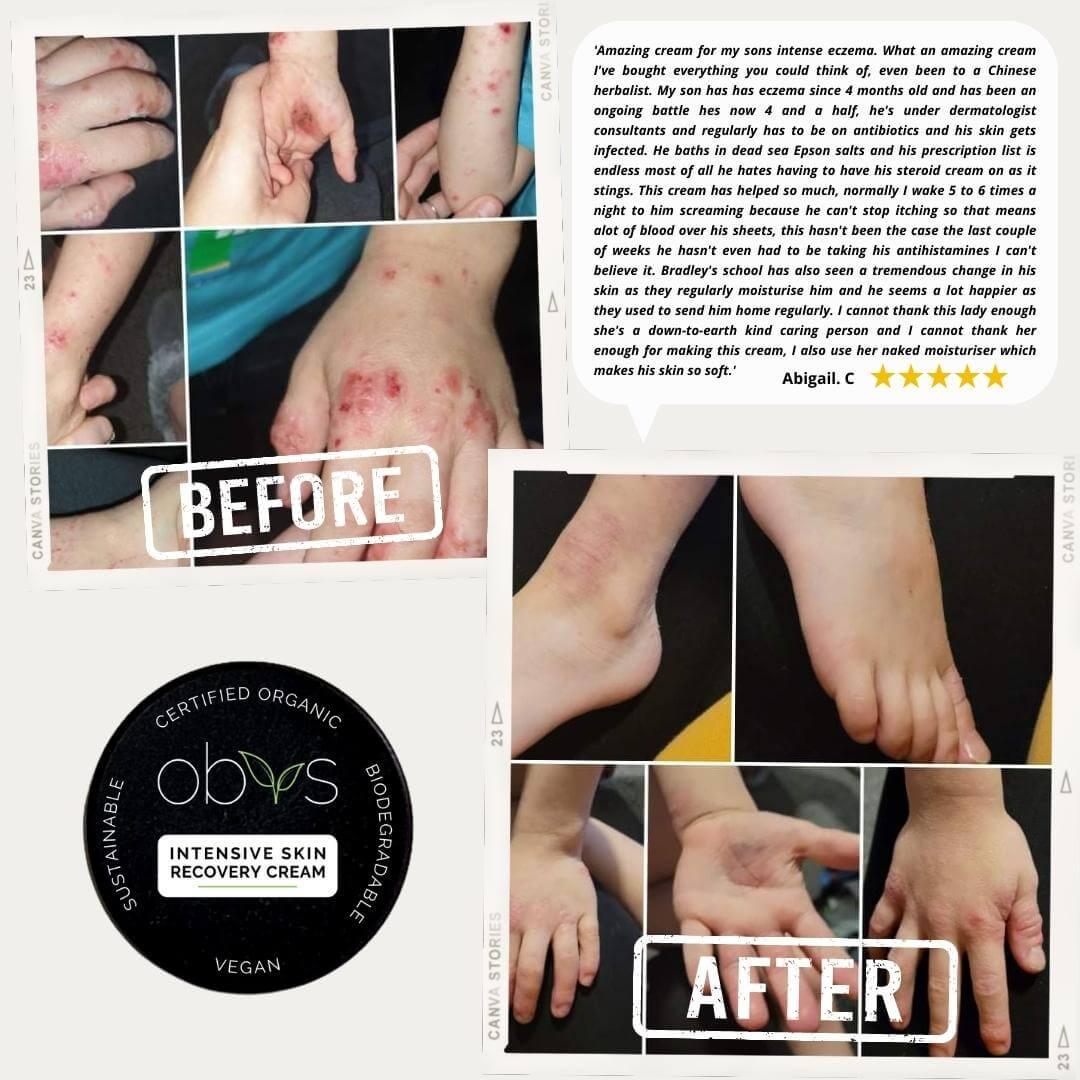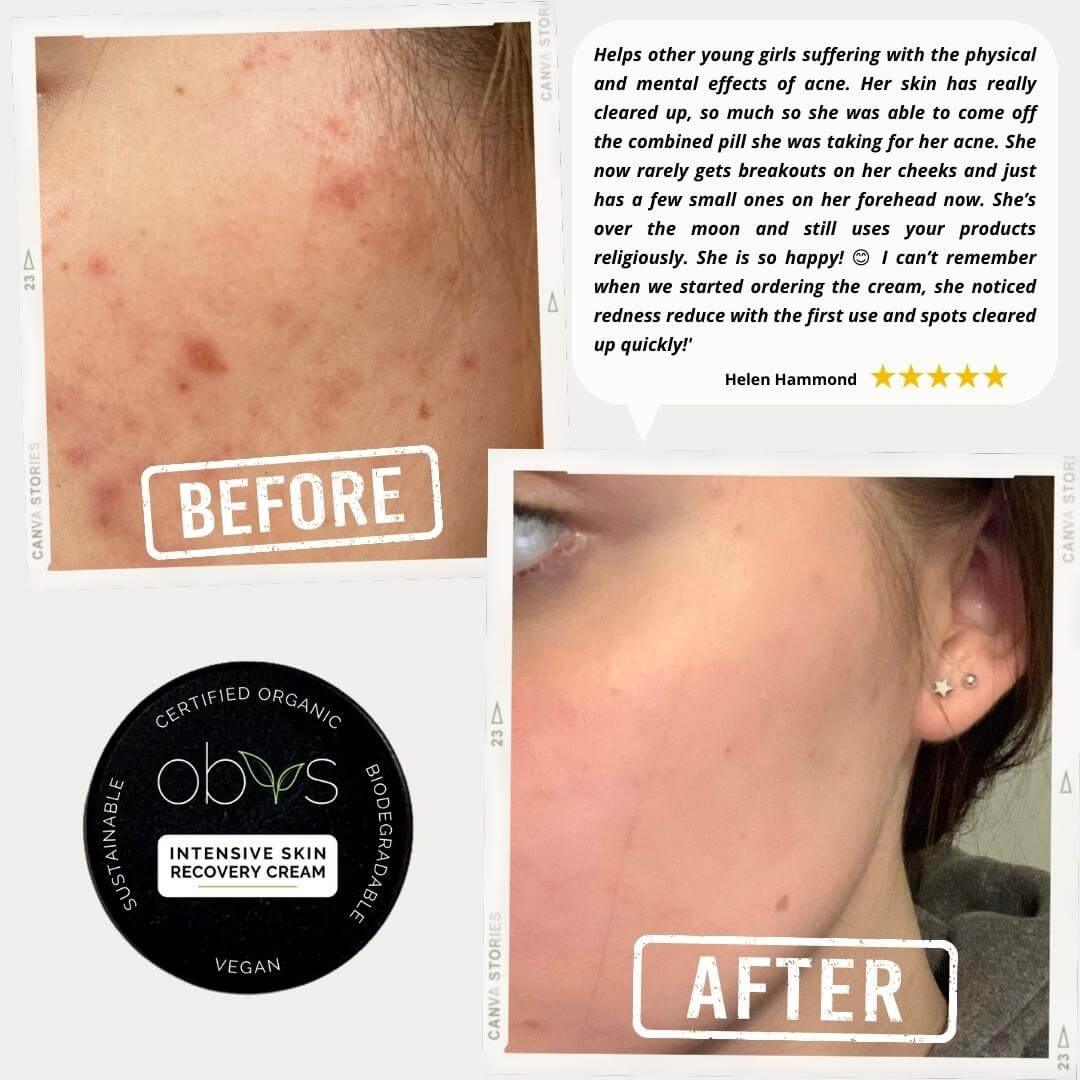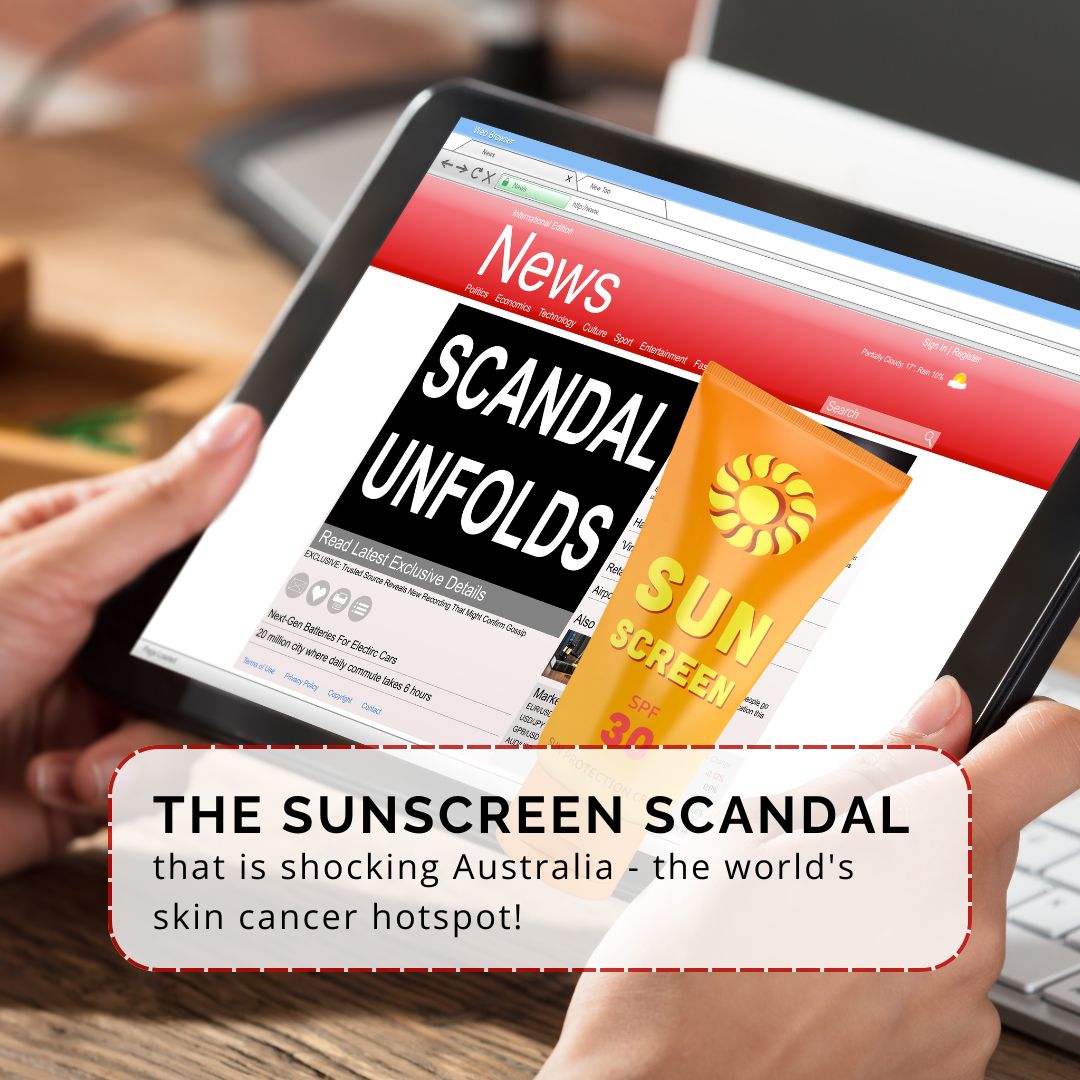
The Australian Sunscreen Scandal: What It Means for Consumers and the Future of SPF
Share
Did you know? A recent investigation in Australia found that 16 out of 20 sunscreens labelled SPF 50 or 50+ failed to live up to their claims. Some tested as low as SPF 4. While a few products passed, they still contain ingredients I would never want on my own skin, let alone a child’s. This scandal raises big questions about how sunscreens are tested, regulated, and trusted.
In this blog, I break down what happened, how regulators are responding, what needs to change, and how we’re approaching SPF differently at Obvs Skincare. I’d love to hear your thoughts on whether crowdfunding could be the right way to bring our rigorously tested organic mineral sunscreen to market.
Table of Contents
- What Happened in the Australian Sunscreen Scandal
- What’s Being Done About It
- How Similar Issues Can Be Prevented in the Future
- Obvs Skincare’s Approach: Rigorous Testing for Our New Organic SPF
- The Benefits of Physical/Mineral Sunscreens
- Looking Ahead: Launch Plans and Funding
- References
What Happened in the Australian Sunscreen Scandal
Australia has one of the highest rates of skin cancer in the world, which makes sunscreen essential. In June 2025, consumer advocacy group Choice tested 20 sunscreens labelled SPF 50 or 50+ in an accredited lab. The results were alarming: 16 failed to provide the level of protection they claimed.
Some of the failures were extreme. Ultra Violette’s Lean Screen SPF 50+ came back at SPF 4. Cancer Council Ultra tested at SPF 24, while Banana Boat Sport was SPF 35. Only four products passed, including La Roche-Posay Anthelios (SPF 72) and Neutrogena Ultra Sheer (SPF 56).
But here’s the catch. Even the sunscreens that passed aren’t necessarily ones I would choose. Many contain questionable chemical filters and other ingredients I would not feel comfortable putting on my own skin, let alone a child’s. So while they may have hit their SPF claims in the lab, that doesn’t automatically make them the safest or most responsible option for everyday use.
What’s Being Done About It
The response was immediate. Several brands paused sales of affected products, while others defended their formulas by sharing their own test results. Ultra Violette and Cancer Council committed to further independent testing in an effort to restore trust.
The Therapeutic Goods Administration (TGA) launched an investigation, and the Australian Competition and Consumer Commission (ACCC) began reviewing potential misleading claims. By September 2025, the TGA was already considering updates to testing standards to ensure greater accuracy.
The scandal exposed just how fragile trust in SPF products can be, and why robust oversight matters.
How Similar Issues Can Be Prevented in the Future
The current system allows brands to self-test and submit results to the TGA, which leaves room for inconsistencies. Experts have suggested several solutions:
- In-vitro testing using artificial skin models for more consistent and ethical results.
- Independent audits for high-SPF claims.
- Random spot checks similar to food safety inspections.
- Stronger consumer education to remind people how to apply sunscreen properly and why reapplication matters.
Together, these steps could make SPF claims more reliable and rebuild consumer confidence.
Obvs Skincare’s Approach: Rigorous Testing for Our New Organic SPF
At Obvs Skincare, we are determined to set a higher standard. Our upcoming organic SPF will be tested in two separate labs: one in Australia, accredited by the TGA, and one in the UK under EU standards.
We are combining in-vitro tests for consistency and in-vivo tests on volunteers to confirm real-world protection. This dual approach is expensive, but for us it is non-negotiable. When it comes to sun safety, accuracy and transparency matter more than cutting costs.
The Benefits of Physical/Mineral Sunscreens
Our SPF will be a mineral sunscreen made with zinc oxide. Physical sunscreens sit on the skin’s surface and reflect UV rays away. They are gentle, making them ideal for sensitive skin, children, and those with eczema.
Other advantages include instant protection, better stability in heat and water, and being reef-safe when formulated with non-nano zinc. In contrast, chemical sunscreens absorb into the skin and convert UV into heat, and some filters have raised safety and environmental concerns.
Mineral sunscreens align better with our mission to create skincare that is both safe for people and kind to the planet.
Looking Ahead: Launch Plans and Funding
Our goal is to launch the organic SPF next year once testing is complete. SPF testing costs thousands, so I’m considering different ways to fund it. One option could be a Kickstarter campaign, which would allow me to keep Obvs Skincare independent while giving supporters the chance to be directly involved.
I haven’t made a final decision yet, and I’d love to hear what you think. Would you back a Kickstarter for a rigorously tested, organic mineral sunscreen? Or do you think there’s a better way to bring this product to market?
Follow us on Instagram and TikTok for updates, skincare tips, and behind-the-scenes insights into the science of what we do.
Call to Action
Your opinion really matters. Drop a comment, send me a message, or reply to our posts on social media with your thoughts about funding and launch plans. Together we can raise the standard for SPF and build skincare that’s safe, transparent and trustworthy.
References
- BBC News: The sunscreen scandal shocking Australia – the world’s skin cancer hotspot (September 2025)
- The Guardian: Several leading Australian sunscreens don’t provide the protection they say, according to Choice (June 2025)
- ABC News: Choice report finds popular Australian sunscreens fail to meet SPF claims (June 2025)
- Choice Australia: We tested the SPF claims of 20 sunscreens. 16 failed (August 2025)
- Therapeutic Goods Administration: Follow-up TGA statement on CHOICE SPF sunscreen report (August 2025)
- Personal Care Insights: Multiple sunscreens pulled from shelves after SPF tests fall short (August 2025)
- Business of Fashion: Trendy Sunscreen Gets Burned by Regulators (September 2025)
